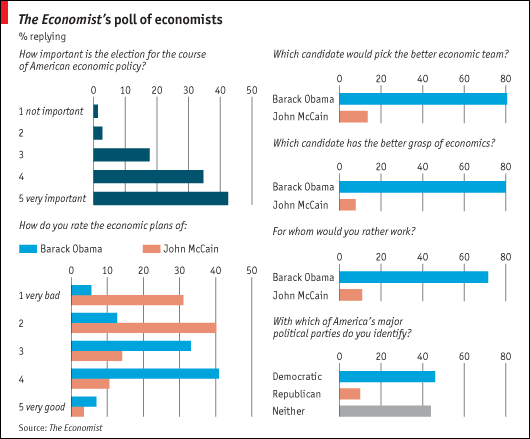A couple of interesting-looking books by bloggers are coming out in the near future:
From Roger Simon comes Blacklisting Myself, which is about his experiences living and working in Hollywood while challenging the prevailing orthodoxy.
From Sgt Mom, who writes books as Celia Hayes, comes a historical novel…well, actually, three historical novels, The Adelsverein Trilogy. It’s about a largely-unknown episode in Texas history:
The Adelsverein story begins early in the 1840s, when a group of high-born and socially conscious German noblemen conceived the notion of establishing a colony of German farmers and craftsmen in Texas. Under-funded, over-extended, scammed by scallywags and beset with bad advice, the association still dispatched more than thirty-six chartered ships carrying over 7,000 immigrants to the ports of Galveston and Indianola, in the short space of five years. The gently-rolling limestone and oak-forested hill country of south-central Texas was transformed utterly into a district of neat and prosperous farms and well-laid out towns. These settlers valued culture, and comfort, order and hard work. Schools, churches, singing-societies and businesses were established almost at once. The German hill country was a world almost apart, becoming even more so with the Civil War, when its residents held out against secession and for the Union.
(Adelsverein means the “company of noble men”)
Both books sound pretty interesting. Follow the links for more information.
Previous Books by Bloggers posts.
